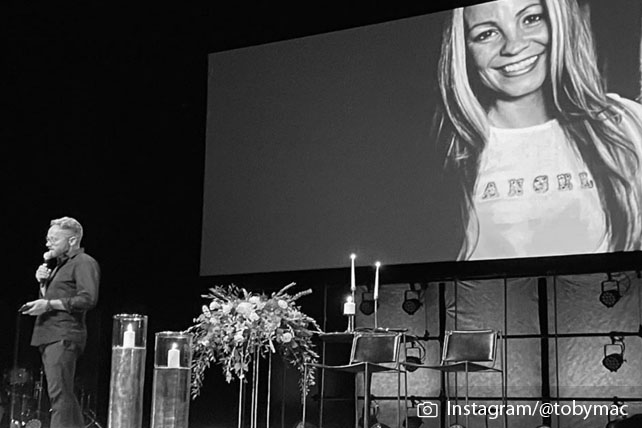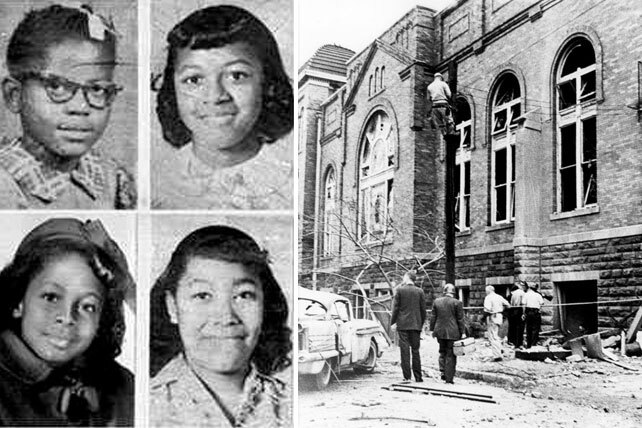On Thursday, September 10, 2020, a preliminary injunction (which can be read here) was issued against John MacArthur and Grace Community Church by a Los Angeles Superior Court judge. The order prohibits Grace Community Church from “conducting, participating in, or attending any indoor worship service.” The order, according to the Thomas More Society, also “bans outdoor worship unless onerous restrictions are followed.” That didn’t stop John MacArthur or the congregants at Grace Community Church from worshiping indoors this past Sunday. As Pastor MacArthur took the pulpit for announcements, he was greeted with a thunderous round of applause. He followed by saying “Are you happy to be at church?” Pastor MacArthur told his congregation that he “thought it might be helpful to give you the list of things that are required of us as a church so that you understand how utterly impossible that would be.”
The List of Restrictions That Must Be Met
- No indoor meetings at all
- Pre-registration of every person who comes on the church property
- People only allowed on church property for scheduled events
- Every person who comes on the church property is to be screened and have their temperature taken at the entry.
- We all must maintain 6 feet of social distance at all times everywhere, including the parking lot and restrooms
- Every other parking space must be left vacant.
- Marked pathways to maintain social distance, keeping people apart monitored by staff monitors
- Everyone wears a mask.
- Restroom monitors to control 6 feet social distancing; tape on the ground marking distance
- Signs indicating these mandates and also full exposure on social media
- Restrooms are to be used during the service to minimize the rush.
- No hymn books
- No communion
- No offering containers
- No pew Bibles
- No singing
- No hugging
- No shaking hands
- Disposable seat covers changed between services
- Services have to be shortened.
- Based upon the separation, we could only meet in a tent with a maximum of 350 to 400 people.
After hearing some of the mandated requirements, the crowd followed with laughter but none louder than after the requirement of John MacArthur’s sermons being cut down because of services needing to be shortened. MacArthur humorously responded, “That’s not a problem to me, right?” “You can see that these are the requirements that would completely shut the church down,” he said and then expressed by hyperbole a requirement that is not fact: “Anyone that comes in contact with someone outside their family for more than 15 minutes must self-quarantine for two weeks. Obviously this is not constitutional, but more importantly it goes against the will of the Lord of the church who calls us to gather.” After which the crowd again showed their approval of his statement with a round of loud applause.
Watch the entire sermon here.
John MacArthur Sees Himself as the Appointed Champion of the CHURCH
Later that night at their Sunday night service, John MacArthur did a Q&A and expressed, “I feel like it took me to get to 80 years before maybe the most critical moment in my life has taken place. I think it is because there are more people listening to the Word of God at this particular time from this pulpit than ever in the history of our church in a regular way, Sunday after Sunday.” MacArthur said this is due to the multiple ‘dire conditions’ in our world and a greater interest in hearing the Word of God.
MacArthur believes that he is delivering truth in a way that other church leaders are not delivering. MacArthur made the comment, “I’ve been ‘kind of a joke,’ for the last 15 to 20 years to the pragmatists, to the church growth, church strategy people.” He said that he “has been like a dinosaur to those type of strategists [because he doesn’t adapt to culture to grow the church], but when the nation starts to burn and people are wanting real answers; they’re not gonna go to a show. They’re not gonna go to a superficial ‘Ted Talk’. When they want the truth, when they desperately need the truth, they’re going to find the truth as God directs them. So this is a time for the truth, and it’s an amazing thing to see this all happening.”
“Superficial preaching is becoming obsolete,” the pastor said. “The people who thought that they were at the top of food chain in terms of ministry and effectiveness in the church are now void. They’re nullified.” MacArthur didn’t mince his words as he said, “This is way too desperate for some superficial approach. You got to tell people more than ‘God wants them to be happy.’ “
As a pastor who is generations removed from the average audience, why is MacArthur getting so much media attention? MacArthur touts his superiority as a Bible preacher for being asked to write and appear in blogs, news articles, talk shows, and podcasts. He says people are saying “give us more, give us more, give us more,” citing because there is a “hunger” for biblical truth. And it seems that MacArthur believes he is the “one” who is called to deliver that truth—apart from other church leaders.
“The Lord is the head of the church and that’s why we’re here, regardless of what a judge says,” MacArthur said as he elaborated on their stance ‘Christ, not Caesar, is the head of the church‘. “[The government is] not the head of the church and that is where the church has taken its stand through its entire history…when [the government] steps in and tells the church whether it can meet or not, they have over-stepped their bounds because Christ said my kingdom is not of this world.” The pastor likened himself to the apostles’ example of “we’ll obey God rather than men, and we’ll take the consequences; whatever they are.” MacArthur mentioned that those consequences may begin this week but said “I’m not sure.”
Ever critical of other church practices, MacArthur did not pull any punches when he was asked about his role during this pandemic. The moderator asked pastor MacArthur if he felt like what he is demonstrating [by defying the government] is preparing future generations of pastors to make a similar stand [as Grace Community Church is]. MacArthur answered without hesitation, “I think we have had enough of the pragmatic stuff. I think the church has been sold out to pragmatism…weak-willed, unbiblical preachers that are just personalities…narcissistic self-focused personalities, brokering their charisma, their skills, and their communication ability to build what they call a church, when it isn’t a church at all. Life is far too serious for those…what they are telling people is shy of what people want to hear. It’s time again for the Word of God. Life is far more serious, at least from my perspective, more than it’s ever been.” He then summed up his answer by saying, “The attention of the world is on us and I think we are beginning to see other pastors be strengthened.”
Watch the entire Q&A session here.











